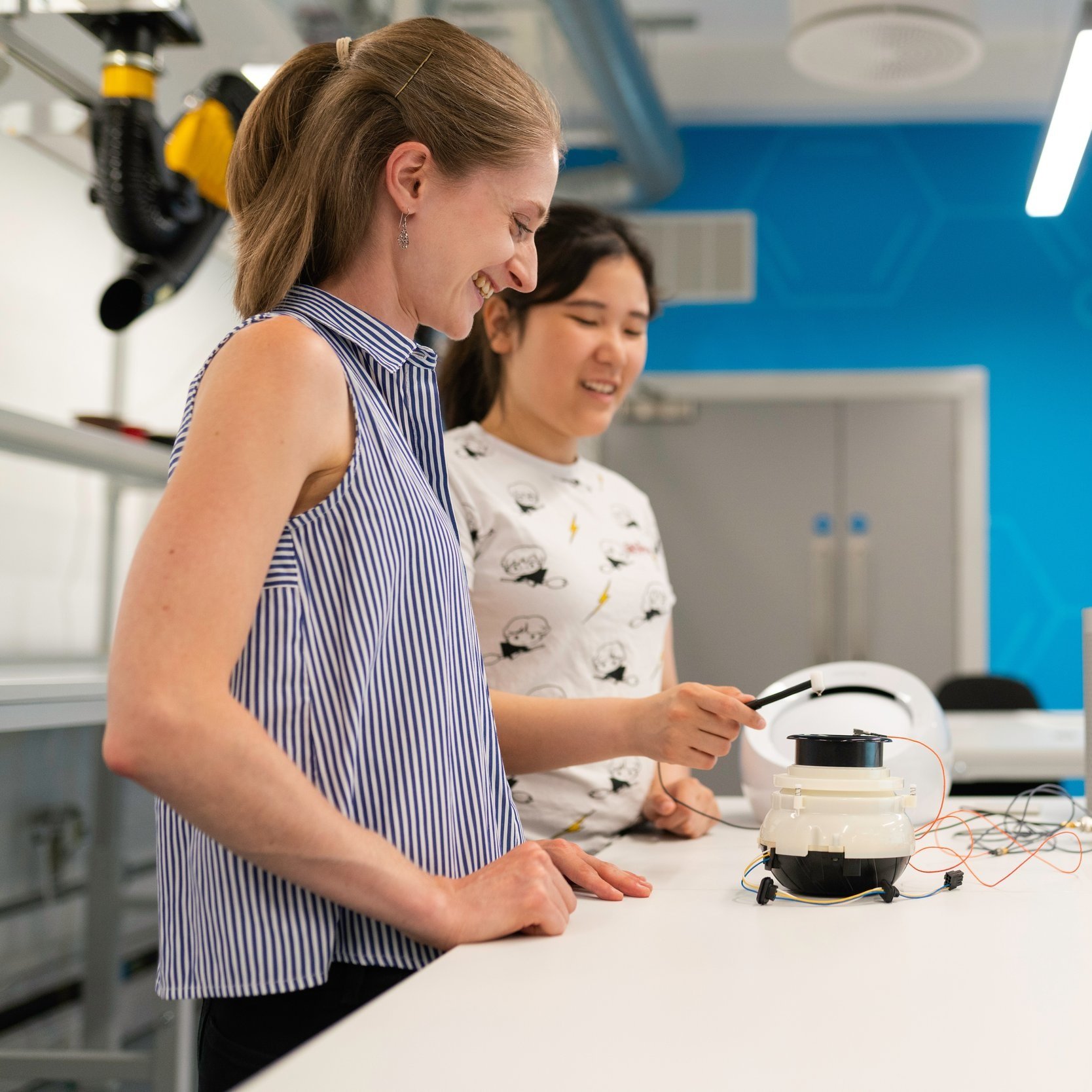The Black Men's Health Clinic (BMHC) is dedicated to breaking down the barriers men of color often face when accessing quality healthcare. By addressing common obstacles such as appointment scheduling, financial constraints (acting as a payor of last resort), and coordination between providers at no additional cost to clients, BMHC ensures men of color receive the care they need and trust.
Read MoreImagine you're standing in a Walmart, shopping for groceries. It's not just about convenience or preference; for many people, it's about affordability. Big-box stores like Walmart often provide more budget-friendly options than local farmers' markets. But there's a more significant issue beyond personal choice: accessibility.
Read MoreOne day we sat and ranted about our lives in academia as women, and women of colour. For two of us (Andrea and dyuti) this was also with regards to an academic institution not in our home country. This piece strings together our conversations, frustrations, thoughts, anger, helplessness and doesn’t aim to offer solutions but hold some space, some resonance in our words.
Read MoreAre female scholars underrepresented in science? Does the gender of an author influence the impact and usage of a scientific paper? Is it more challenging for female scholars than for their male peers to join the club of the most productive elite scholars? The phenomenon of a potential gender bias in favor of male scholars was named the Matilda effect by Margaret W. Rossiter in 1993. Empirical evidence proves that female scholars experience negative discrimination against them worldwide and in virtually all disciplines. They are underrepresented in the higher ranks of academia, less likely to win scientific awards, and receive smaller grants less often than their male colleagues.
Read MoreSocio-spatial and economic inequality has heightened under the contemporary model of “expulsionary” development in Pakistan. It is rooted in creating silos of affluence and abundance for the privileged few by unleashing a vicious cycle of immiseration and insecurity on the working people in the form of gated housing enclaves.
Read MoreBy the year 2027, 70 percent of all jobs are projected to require some form of postsecondary education. A college education and credential are no longer a privilege, but rather a necessary milestone, for many people in their path towards adulthood and upward mobility. Unfortunately, the inflating costs of a college degree, in terms of both money and time, leave this milestone out of reach for an increasing number of people.
Read MoreIndian society is one of the most unequal societies of the world and is divided into different social hierarchies of caste, class, religion, etc. Caste is a determinant of power, economic inequality, poverty, and discrimination in contemporary India. When it comes to women, they face the dual burden of discrimination, first gender-based and, second, caste-based.
Read MoreAlthough economic growth constitutes a necessary condition to reduce poverty, economists agree that its efficiency in terms of poverty reduction largely depends on the level of wealth inequality. Nowadays, most countries pursue a pro-poor growth policy that not only promotes economic growth but also reduces wealth inequality.
Read MoreRacism is an ugly stain on humanity. How wonderful it would be if we all thought of ourselves as equal – regardless of race/ethnicity. This is obviously not the case, and for the past 400 years, people who are not white have faced untold miseries due to the colour of their skin or their ethnicity.
Read MoreThe most recent egregious acts of racialized police brutality in the United States have increased calls for police reform, particularly “Defunding the Police.” A much-needed call given that the increasing budgets and military grade equipment in local police departments has been accompanied with rising racial inequality in arrest, brutality, and deaths. Yet, funding is not the only factor contributing to racialized policing.
Read More









